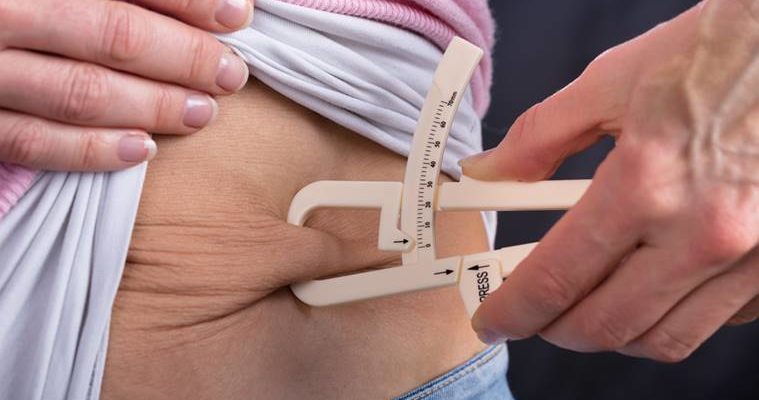Bariatric surgery is for treating severely obese people over 100 lbs. as their health is at high risk because of being overweight. It is not a weight-loss option for mildly overweight people. Body mass index is the best way for determining the obesity level. BMI calculation includes the weight and height of a person.
Bariatric surgery types
Bariatric surgery offers three options:
- Laparoscopic Roux-en-Y Gastric Bypass [RYGB]
- Laparoscopic Sleeve Gastrectomy [LSG]
- Laparoscopic Adjustable Gastric Banding [LAGB]
The common procedures are RYGB and LSG. In the former method, the stomach is shrunk. This
decreases the fat and calories body fat absorbs. The stomach’s upper part is converted into a small pouch and tied with a small intestine loop, rerouting the GI tract. Therefore, when patients consume food or liquid, it directly enters their small intestine. Buckhead endoscopic sleeve gastroplasty surgery involves removing 80% of your stomach and creating a small sleeve-shaped stomach. The concept and the desired goal are the same, but complication in LSG is only 3% in comparison to RYGBs 5%. You can learn more about the procedure at Peachtree Surgical & Bariatric clinic.
In the LAGB procedure, the doctor places an inflatable band across the stomach and creates a tiny pouch. The pouch and stomach opening affect the weight amount you lose. The band can be inflated or deflated via a port placed near the abdomen. Gastric band surgery can be reversed as the band is easily removable.
Bariatric Surgery Eligibility Requirements
If your BMI is 40 or more, then you are eligible for bariatric surgery. In case your BMI is more than 35 and you are struggling with one or more medical conditions mentioned below, then you are eligible for bariatric surgery.
- High blood pressure
- Osteoarthritis
- Diabetes
- Sleep apnea [breathing issues while sleeping]
- Coronary artery disease
- Hyperlipidemia
Even if you qualify physically, you also need to be well-informed and interested to undergo bariatric surgery. You need to willingly accept the surgical risks, commit to follow-up care for the long-term as well as be prepared to change your eating habits.
Which is the right type for you?
The bariatric surgery that is right for you will depend on factors like your medical history, weight, health issues, and even your expectations.
In irreversible gastric sleeve surgery or bypass surgery, you have to stay at the hospital for a couple of days. The recovery time on average is two weeks and you need to follow up five visits in the first year and then once every year.













Comments